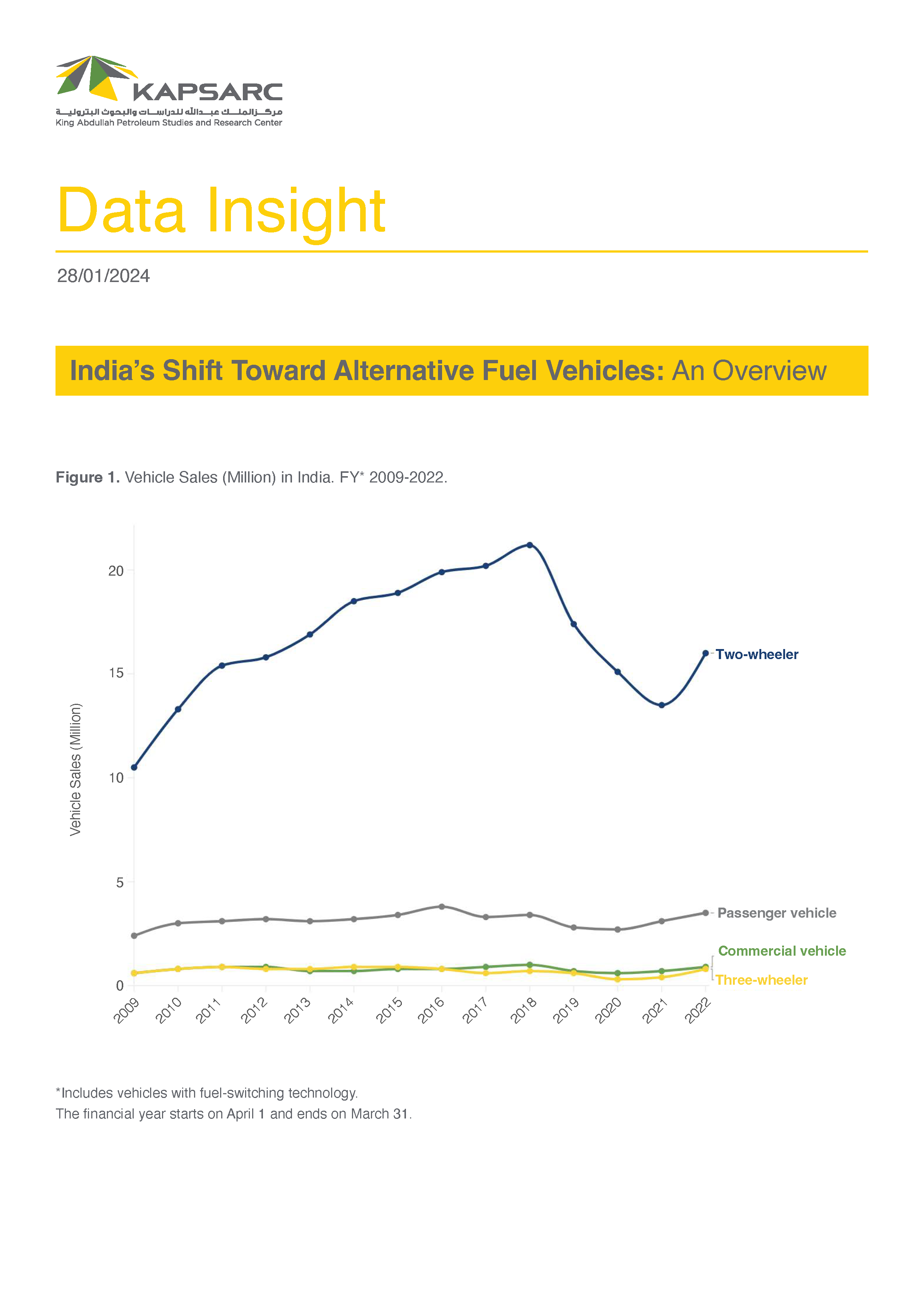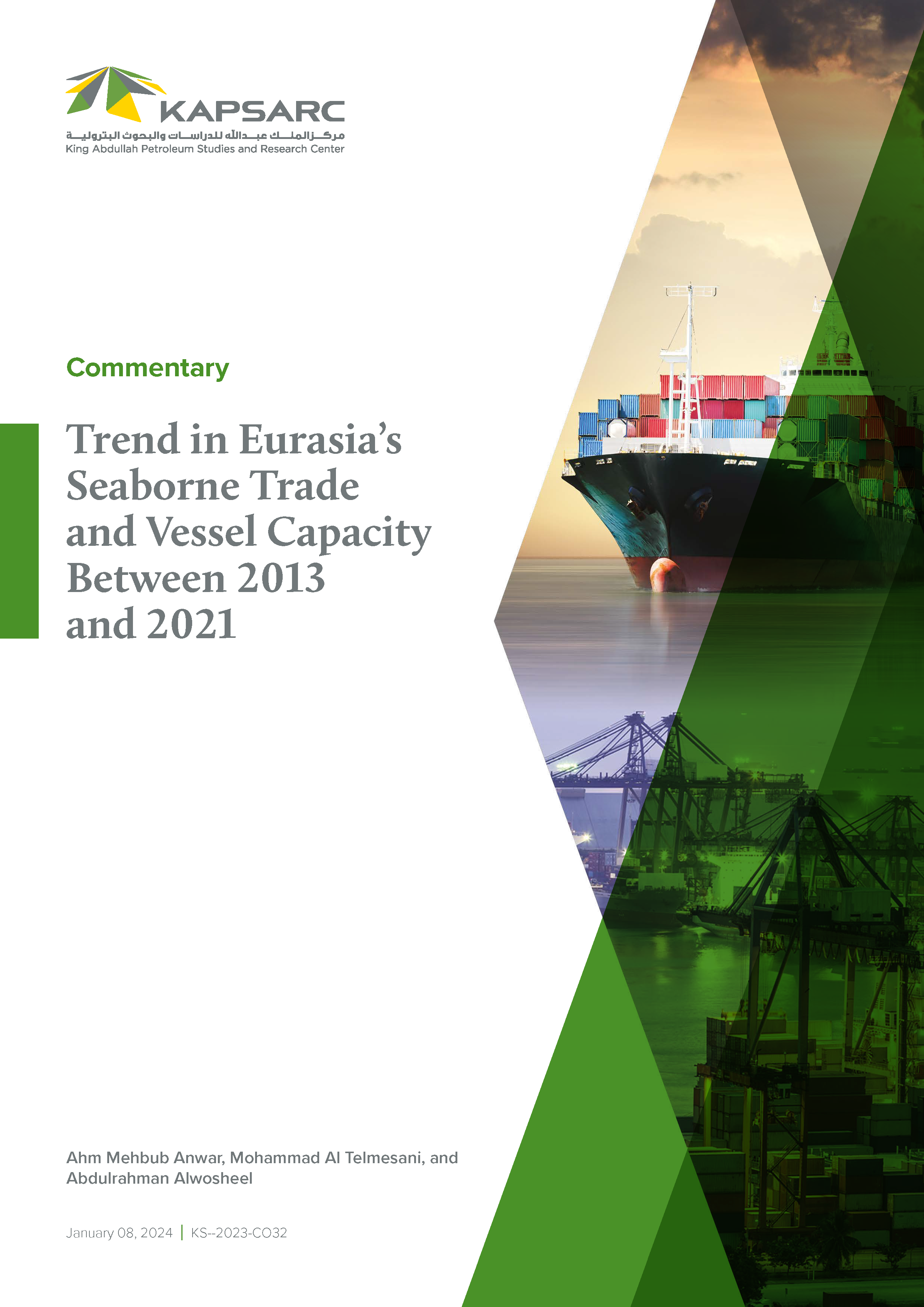Geothermal energy is a form of renewable energy generated by tapping into the Earth’s internal heat. This heat is produced by the radioactive decay of minerals and the original heat of the Earth, which dates to its formation. There are several ways to generate electricity from geothermal energy: Dry steam power plants, flash steam power plants, and binary cycle power plants. Geothermal energy has several advantages as a source of electricity: It is reliable, relatively cheap to produce, and produces very low levels of greenhouse gas emissions. It is also a domestic energy source, reducing reliance on imported fossil fuels. This Data Insight will present trends in geothermal electricity and heat generation by region.

Lead Transportation & Infrastructure
Abdulrahman is a Lead Transportation & Infrastructure expert at King Abdullah Petroleum Studies and Research Center (KAPSARC). Before joining KAPSARC,…
Abdulrahman is a Lead Transportation & Infrastructure expert at King Abdullah Petroleum Studies and Research Center (KAPSARC). Before joining KAPSARC, Abdulrahman was a Lecturer at the College of Engineering at Muhammed Ibn Saud University. He also worked as a Traffic Engineer at the Riyadh Metro project. His interests are in transport demand modeling, aviation transport, life cycle analysis, alternative fuels, and energy demand. Abdulrahman holds a master’s degree in Transportation Planning and Engineering and a B.S. degree in Civil Engineering.
Expertise
- Transport Demand Modeling
- Aviation Transport
- Life Cycle Analysis
- Alternative Fuels and Energy Demand
Publications See all Abdulrahman Alwosheel’s publications

India’s Shift Toward Alternative Fuel Vehicles: An Overview
Geothermal energy is a form of renewable energy generated by tapping into the Earth’s internal…
30th January 2024
Trend in Eurasia’s Seaborne Trade and Vessel Capacity Between 2013 and 2021
Geothermal energy is a form of renewable energy generated by tapping into the Earth’s internal…
9th January 2024